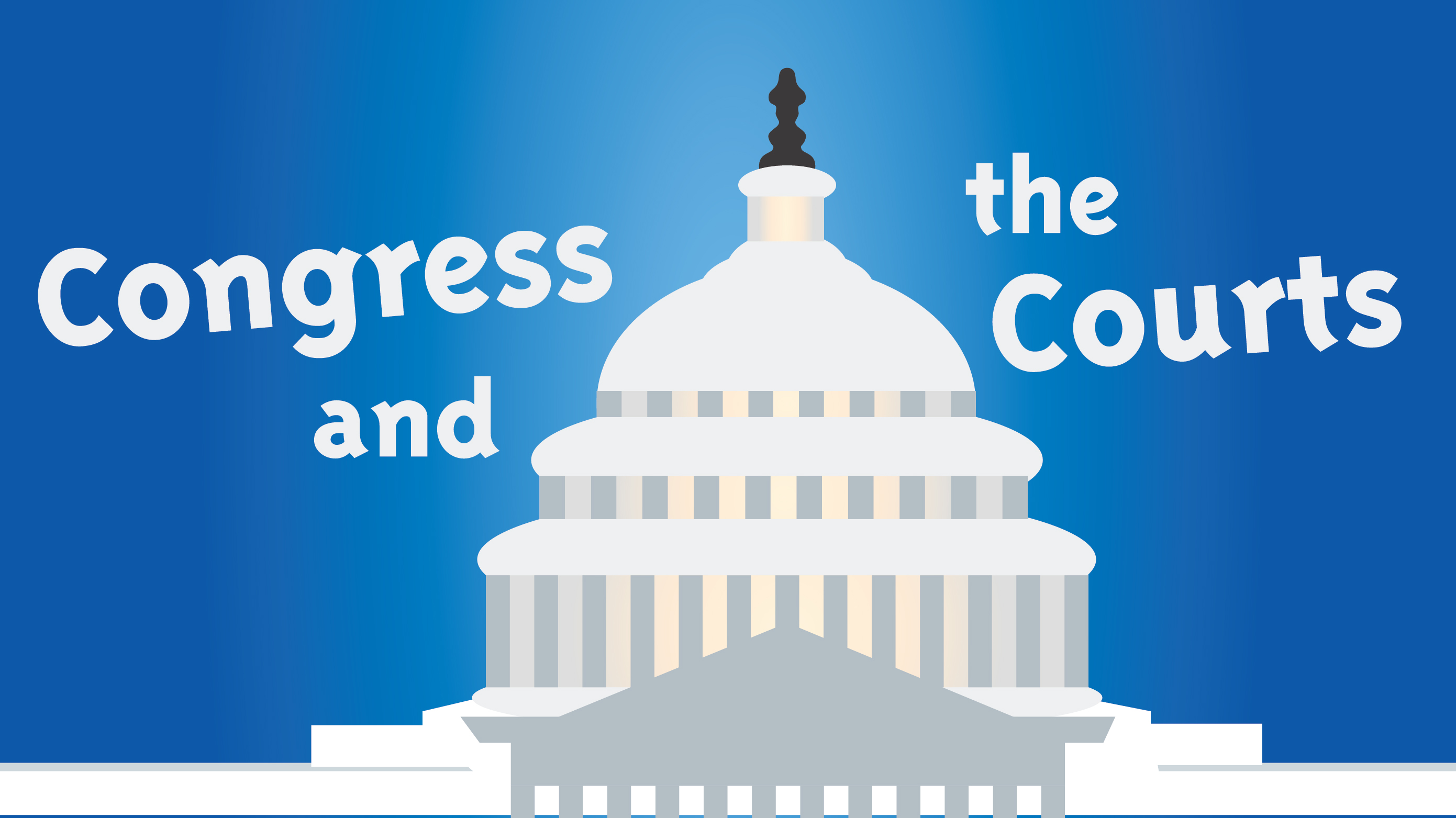
Trump v. Hawaii in SCOTUS
By: Connor McNairn, Columnist
The U.S. Supreme Court has its hands full in the coming weeks, as it is set to decide a number of high-profile cases concerning LGBTQ rights, labor union operations, sports betting accessibility, and more. But this past Wednesday, as it heard oral arguments from the notorious Trump v. Hawaii case, immigration was at the forefront of the Court’s agenda.
The Trump case stems from the president’s third version of a travel ban that targets predominantly Muslim states including Somalia, Libya, Syria, Iran and Yemen. While the president contends that this immigration proclamation will protect the safety of Americans, U.S. states such as Hawaii and Maryland have shot it down for its unconstitutional and religiously discriminatory contents.
Before the Court are a number of questions, ranging from the proclamation’s constitutionality to the president’s ultimate authority to issue such a broad order. In other words, does the president have the authority to issue such a sweeping halt on immigration, and is President Donald Trump’s ban too blatantly discriminatory against Muslim immigrants?
In an attempt to answer such pressing questions, during the oral argument, the always-erudite Justice Elena Kagan proposed a similar hypothetical scenario within which a president issued a “Jewish ban” given his anti-Semitic leanings. Could a president, hypothetically, implement a ban of all immigrants from Israel given his anti-Semitic predispositions? Kagan’s thought exercise perfectly exposes Trump’s ban for what it actually is: a religiously and racially motivated attempt to unconstitutionally limit Muslims from residing and practicing their religion in the United States.
Key considerations in this case are Trump’s previous campaign rhetoric and earlier moves to limit Middle Eastern immigration to the U.S. In December 2015, for example, then-candidate Trump called for a “total and complete shutdown” of Muslims entering the United States. Never before has a president built his campaign on fully eliminating the immigration of individuals who affiliate with one of the world’s most widely practiced religion.
Moreover, the president also instituted two former travel ban versions, which included a ban on Iraqi immigrants and suffered from klutzy implementation. Thus, given the president’s historically unique and aggressive stance toward Islam, it is essential that the Court take this reality into account.
Following Wednesday’s oral arguments, many Court analysts were convinced that Trump’s ban will be upheld by the conservative justices on the bench. But Justice Anthony Kennedy – the Court’s swing conservative – echoed concerns of liberal justices with respect to the ban’s infringement on the freedom of religious exercise guaranteed by the First Amendment.
Additionally, Kennedy also wondered aloud about Trump’s presidency and its connection to his earlier campaign sentiments. While Noel Francisco, the solicitor general arguing Trump’s case before the Court, attempted to portray President Trump as different and separated from candidate Trump, liberal justices on the Court, joined by Kennedy, were not necessarily convinced of this separation.
As a country, the United States must ask itself the following question: is the right to pray, demonstrate and celebrate religion granted to all Americans, or are such freedoms granted only to those who fit a particular physical profile?
It is true that the president has historically been granted significant power to control American immigration trends. That said, Trump is unique in his unabashedly racist and xenophobic stances toward migrants of Middle Eastern descent. It is therefore likely that the Court, in making its decision, will take into account Trump’s past rhetoric.
All that said, it is still far too early to determine how the Court will decide. Given the precedent of American presidents broadly limiting immigration, the Court may very well determine that Trump is within his constitutional duties in issuing the proclamation. On the other hand, Trump is unique in that he has already proposed unconstitutional bans on Muslim immigration, has threatened to “shut down” mosques in the U.S., and more. All should stay tuned to these developments, as either decision will result in major social and political consequences.

